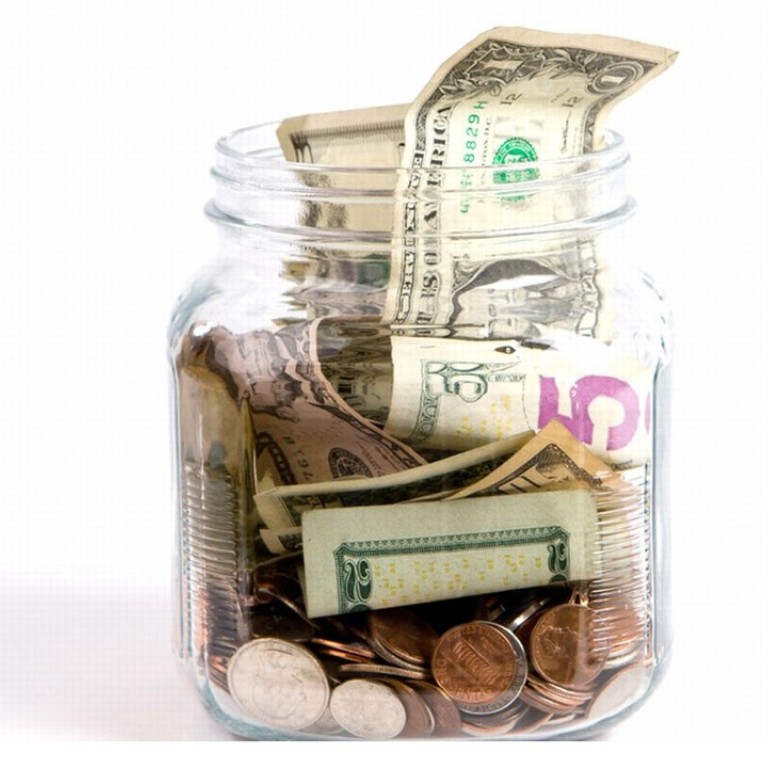
Why a minimum wage rise could make tipped US restaurant and bar workers poorer
The culture of tipping is deeply ingrained in the United States
Voters in the US capital Washington have approved a measure to require businesses to pay tipped workers at least US$15 per hour as a base hourly wage by 2025.
The Minimum Wage Amendment Act, or “Initiative 77” as the ballot measure is known, had divided restaurant employees and owners and sparking a heated debate in Washington.
It passed with 55.14 per cent support, according to the District of Columbia Board of Elections on Tuesday.
Opponents of the measure argued that it would cause menu prices to rise and tips to decline, hurting both restaurant owners and the servers the move is designed to protect.
Employers of tipped workers are currently exempt from paying the standard minimum wage, and some waiters and waitresses are paid as little as US$3.33 an hour.
But many tipped workers are against the legislation because they currently earn most of their money through tips, and they argue that a decrease in tipping – due to increased prices – could severely affect their income.
Employers are currently legally required to make up the difference between an employee’s earnings and the full minimum wage, which is currently US$12.50, if their tips fall short.
Restaurant investor Malachi Broadnax opposes the measure saying it would lead to higher prices and fewer customers.
“We’re going to have to pass on (that cost) to the customer,” Broadnax said, through higher prices or a service charge.
But Christopher Maggiano, a Washington small business owner who supported Initiative 77, as the measure is known, said “this is difficult to enforce” with a high rate of non-compliance.
Woong Chang is a 36-year-old bartender who grew up in California, one of seven states which have approved proposals similar to “One Fair Wage” already.
“It’s highly fluctuating,” Chang said of relying on tips.
“There will be weeks where you won’t make what you expected to make.
“Anything can happen, and suddenly you’re looking at the last shift before you pay your rent, or pay your bills – and you won’t be able to,” he said.

.png?itok=arIb17P0)